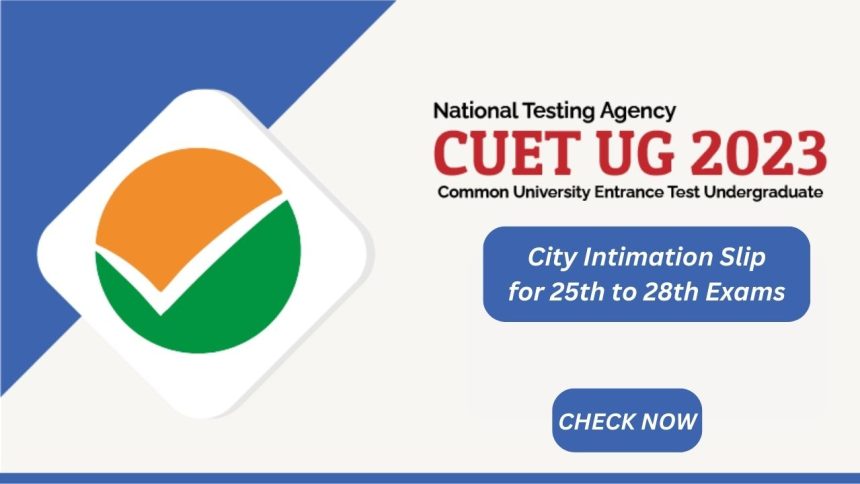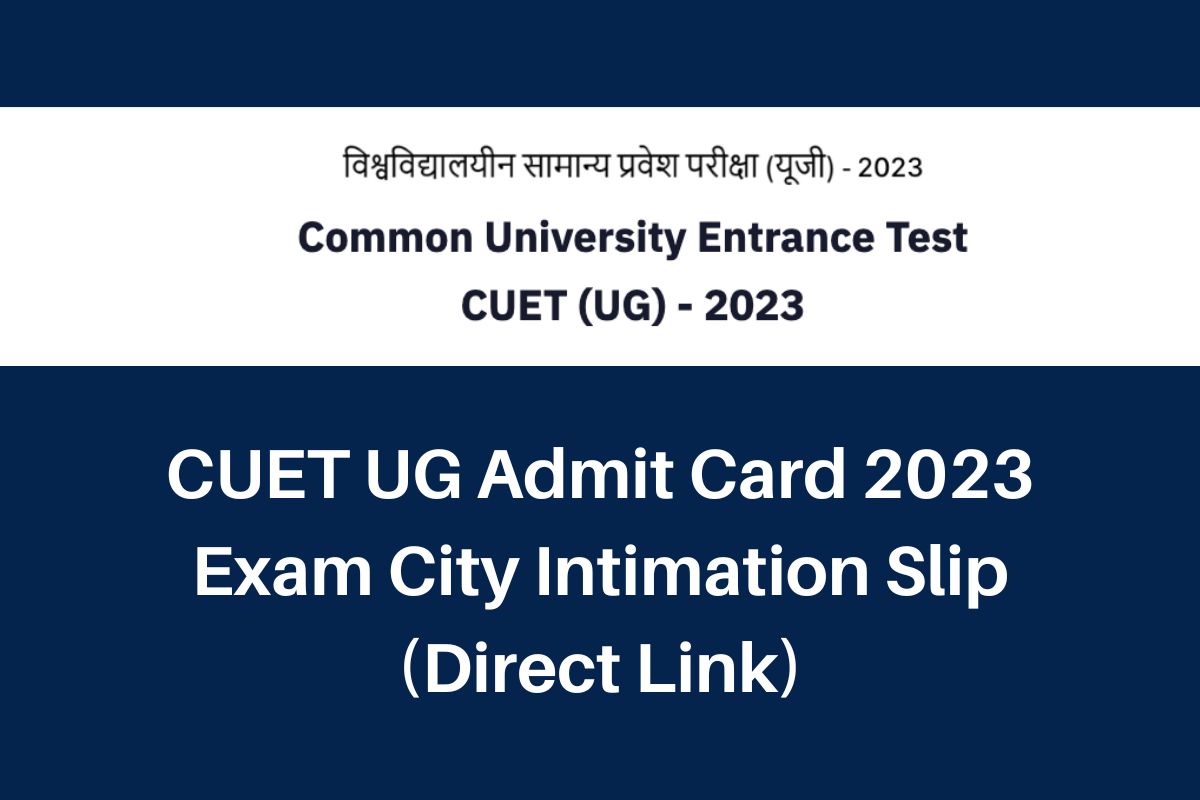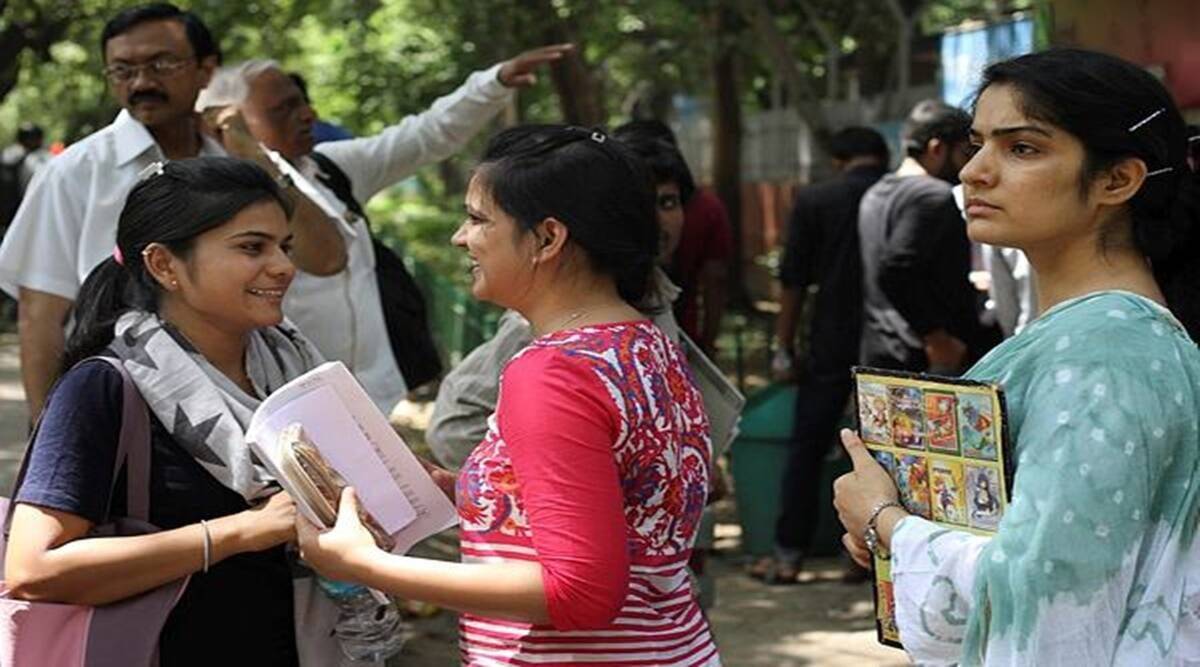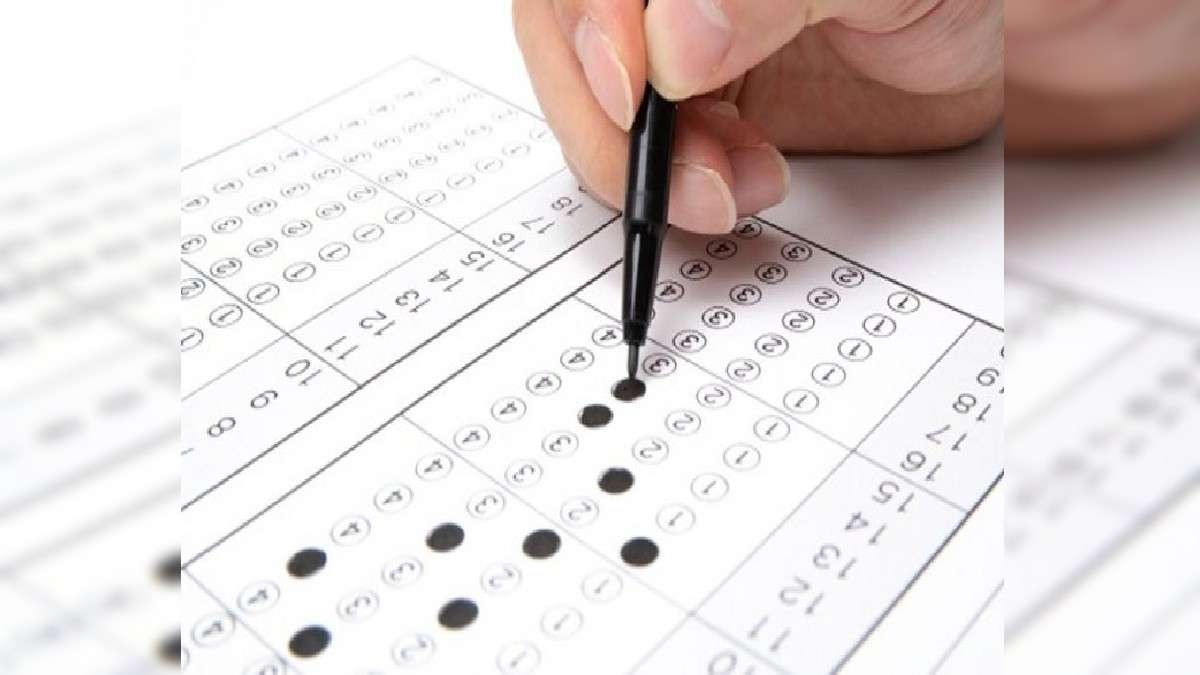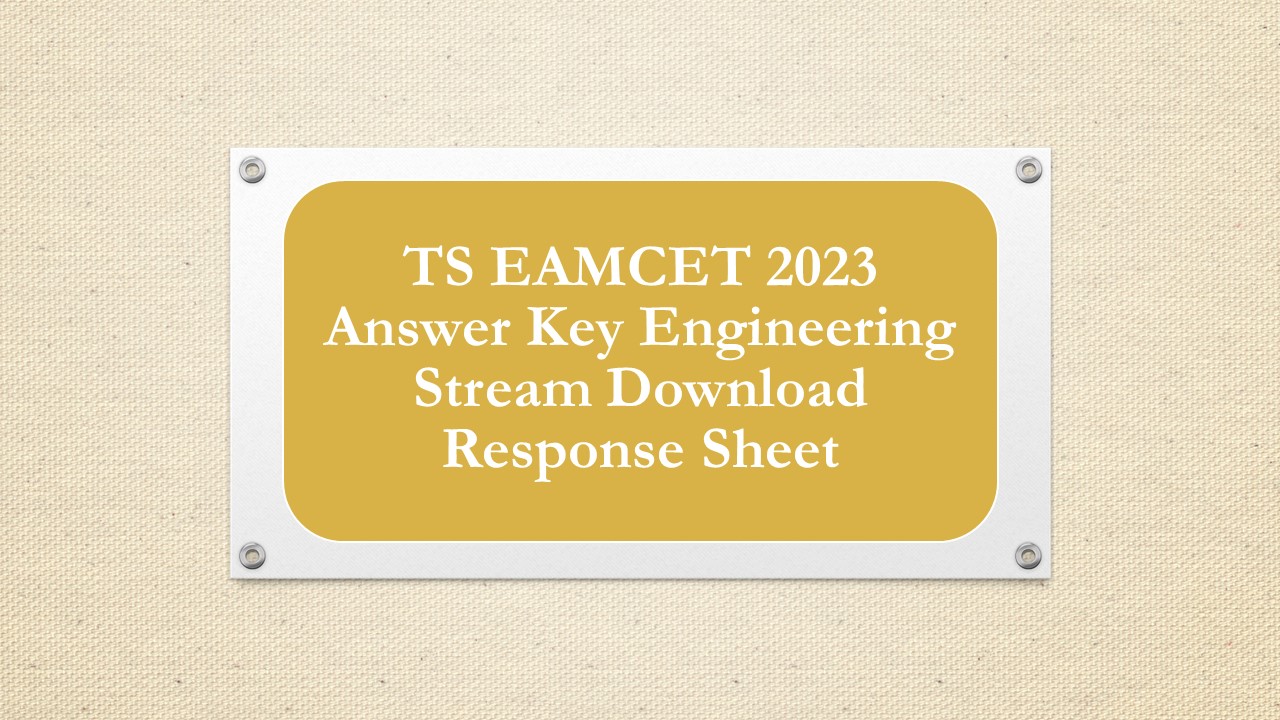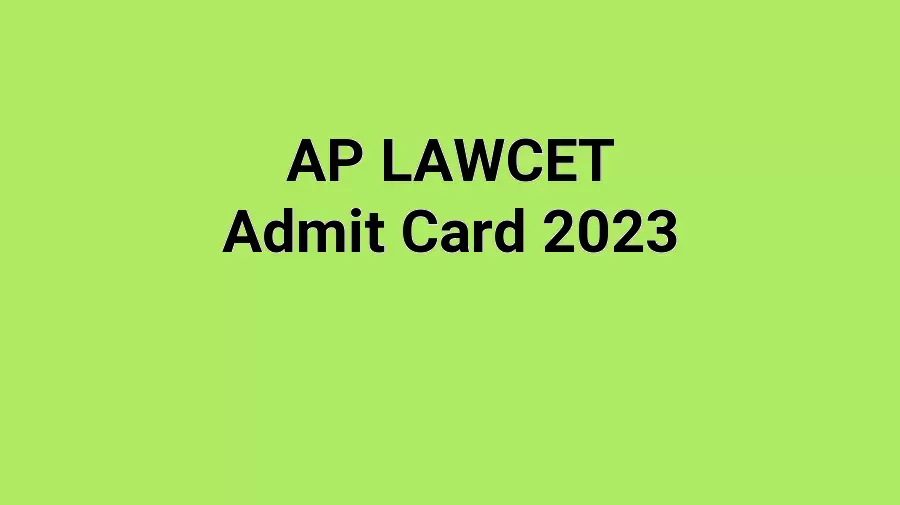MH BSc Nursing CET 2023 Registration Begins Today
Do you have a strong desire to work as a nurse? If so, I have some great news to share with you! Starting Monday, May 17, the State Common Entrance Test Cell will begin accepting registrations for the MH BSc Nursing CET 2023. The first year of the BSc Nursing Health Science Course in Medical Education is now open to applicants who pass this entrance exam. In this article, we’ll walk you through the application process for the MH BSc Nursing CET 2023 and provide you all the information you need to get your nursing career going.
Registration for the MH BSc Nursing CET 2023 opens now;
find out how to apply
The registration period for the MAH CET’s MH BSc Nursing CET 2023 has started. Interested candidates can register by going to mahacet.org, the organization’s official website. To guarantee a seamless application, follow the step-by-step procedure listed below:
Step 1: Go to mahacet.org, the official MAH CET website.
Visit mahacet.org, the MAH CET’s official website, to begin the registration process. You can discover all the information and resources you need for the MH BSc Nursing CET 2023 on our platform.
Step 2: Select the link for the CET portal.
Find and click the CET portal link once you have arrived at the MAH CET website. This will take you to the part that is specifically for the Common Entrance Exam.
Step 3: Click the ‘MH BSc Nursing CET 2023’ registration link.
The registration link for the 2023 MH BSc Nursing CET can be found in the CET portal. To view the registration form, click this link.
Step 4: Enter all the necessary information and, if necessary, pay the registration price.
Fill out the registration form completely, including all required fields for contact information, education background, and personal information. If there is a registration cost, make sure to pay it in accordance with the specified instructions.
Step 5: Save and submit the application form. Save this for later use.
Review all of the data provided after completing the registration form. The MAH CET website’s application form can be saved and submitted there. Downloading a copy of the application form is also recommended for record-keeping and future use.
Information on MH BSc Nursing CET 2023
The MH BSc Nursing CET 2023 is a test that applicants must pass in order to be admitted to the first year of the BSc Nursing Health Science Course in Medical Education. For the academic year 2023–2024, this programme is run by the State Common Entrance Test Cell, Mumbai. It offers ambitious nurses a great chance to start a fulfilling career in healthcare.
Admissions with a recent delay
In Maharashtra, the application process for the BSc Nursing programme was delayed last year. The Bombay High Court’s Aurangabad bench issued an order that was challenged in court by the Maharashtra Common Entrance Test (CET) Cell. The order permitted entrance to the BSc Nursing programme with only Class 12 grades. The MH BSc Nursing CET, which will begin in 2023, ensures a uniform and fair evaluation process for all intending students.




















